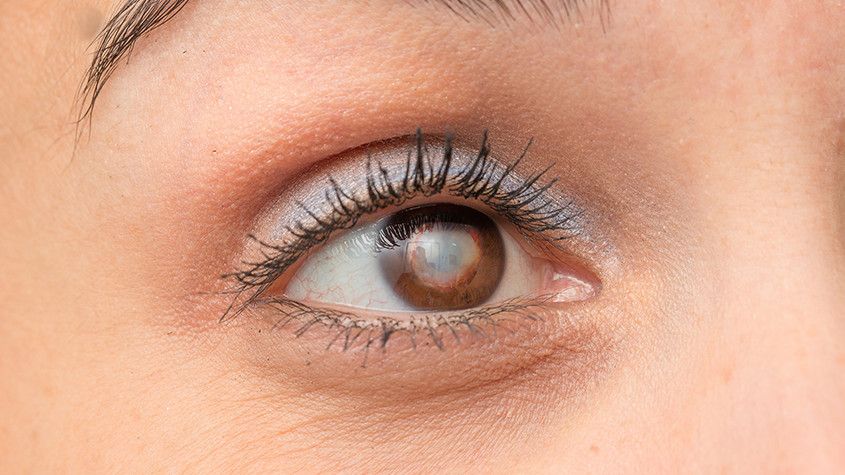Cataracts are a very common eye disease that involves the progressive clouding of your eye lenses. Taking control of your cataracts by getting regular eye exams, communicating with your doctor, and practicing the following preventative measures will help preserve your vision and prevent the need for cataract surgery in the near future.

Protect Your Eyes From The Sun
The National Eye Institute recommends wearing sunglasses to protect your eyes from the sun’s harmful ultraviolet (UV) and high-energy visible (HEV) light, particularly during the peak sun exposure hours between 10am and 3pm. Look for sunglasses with large or close-fitting, wraparound lenses that block one hundred percent of UV rays and absorb most HEV rays. Remember, the sun’s rays can pass through clouds, so you will need your sunglasses every day.
Avoid Steroid Eye Drops
Though doctors routinely prescribe steroid eye drops to treat dry eyes or arthritic flare-ups in the eyes, long-term use can speed up the progression of cataracts. Talk to your optometrist about how you can effectively manage both conditions.
Check Your Medications
More than 300 commonly prescribed medications have side effects that impact cataract progression. Be sure to ask your doctor if your current medications will affect your cataracts. If you must keep your prescription, ensure you closely follow other preventative measures.
Quit Smoking
Smoking comes with many detriments, including doubling or even tripling an individual’s risk of developing cataracts. By quitting smoking, you can slow or prevent the development or progression of cataracts.
Follow Eye Health Diet Guidelines
Studies have shown that adding foods rich in antioxidants to your diet may help to slow the progression of cataracts and reduce other age-related declines in eye health. Some antioxidant-rich foods include dark chocolate, blueberries, strawberries, pecans, carrots, sweet potatoes, artichokes, kale, red cabbage, beans, beets, spinach, apples, and plums. Developing a low-inflammatory diet may have similar benefits.
Doctors also recommend eating more fish high in omega-3 fatty acids or multivitamins containing vitamins C and E to potentially inhibit both the development and progression of cataracts. They may also suggest limiting processed carbohydrates, which can further reduce the risk of developing cataracts.
Fortunately, adopting these modified diets can also prevent other lifestyle diseases such as diabetes. However, no one diet fits every patient, so make sure to develop a plan with your doctor or nutritionist that both helps prevent cataracts and best suits you and your overall health.
